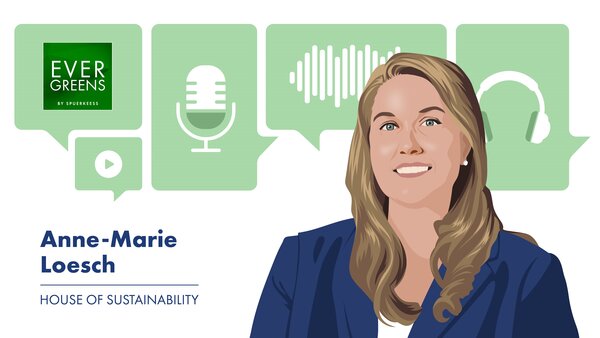Given the increasing complexity of our socio-economic environment, the polycrisis we have been experiencing in recent years, inflation, and the fact that our financial health has a direct impact on so many other aspects of our lives, it has never been more important then today to understand the basic concepts of the world of finance and why and how best to manage your money.
It is important, if not essential, to know the ABCs of the economic and financial world. The better every individual understands all the personal aspects and issues linked to money and how it influences all life choices, the more measured and informed these financial decisions will be.
Conversely, poor financial literacy can result in precarious situations in our lives. Whether it’s a loss of money that could have been predicted, a lack of financial resources in retirement, an increased risk of becoming a victim of financial fraud or over-indebtedness: these are just some of the consequences of financial illiteracy.
It’s important for everyone to be financially literate, from an early age. As soon as we start planning the broad outlines of our lives, i.e. the direction of our studies or our first job, the purchase of our first car, the first time we rent or buy a home, etc., it becomes clear that these projects involve costs and that we therefore need to consider the financial dimension of all these life projects.
This also applies to future entrepreneurs. While managing personal finances may seem relatively straightforward, financial management is a much more complex task for people with entrepreneurial ambitions.




![[Translate to English:] [Translate to English:]](/fileadmin/_processed_/4/7/csm_438_EXP_Julien_Kohn_Spuerkeess_9001fc61ae.jpg)
![[Translate to English:] [Translate to English:]](/fileadmin/_processed_/c/3/csm_437_EXP_David_Schmit_Spuerkeess_6beedf10c9.jpg)
![[Translate to English:] [Translate to English:]](/fileadmin/_processed_/6/7/csm_433_EXP_Francesco_Ferrero_LIST_31171ca1b1.jpg)
![[Translate to English:] [Translate to English:]](/fileadmin/_processed_/d/1/csm_434_EXP_Nicolas_Griedlich_Deloitte_f84788af86.jpg)
![[Translate to English:] [Translate to English:]](/fileadmin/_processed_/0/d/csm_435_EXP_Rachid_M_haouach_Spuerkeess_6aout25_4132487c59.jpg)
![[Translate to English:] [Translate to English:]](/fileadmin/_processed_/0/6/csm_431_EXP_Claude_Wurth_Spuerkeess_7146fed026.jpg)
![[Translate to English:] [Translate to English:]](/fileadmin/_processed_/7/5/csm_368_EXP_Alternatives_epargne_Pro_c96f107bd8.jpg)
![[Translate to English:] [Translate to English:]](/fileadmin/_processed_/0/d/csm_392_EXP_Michel_MARX_189a526800.jpg)
![[Translate to English:] [Translate to English:]](/fileadmin/_processed_/9/d/csm_328__EXP__Andrea_Maramotti__Immotop_163f2ecbe1.jpg)

